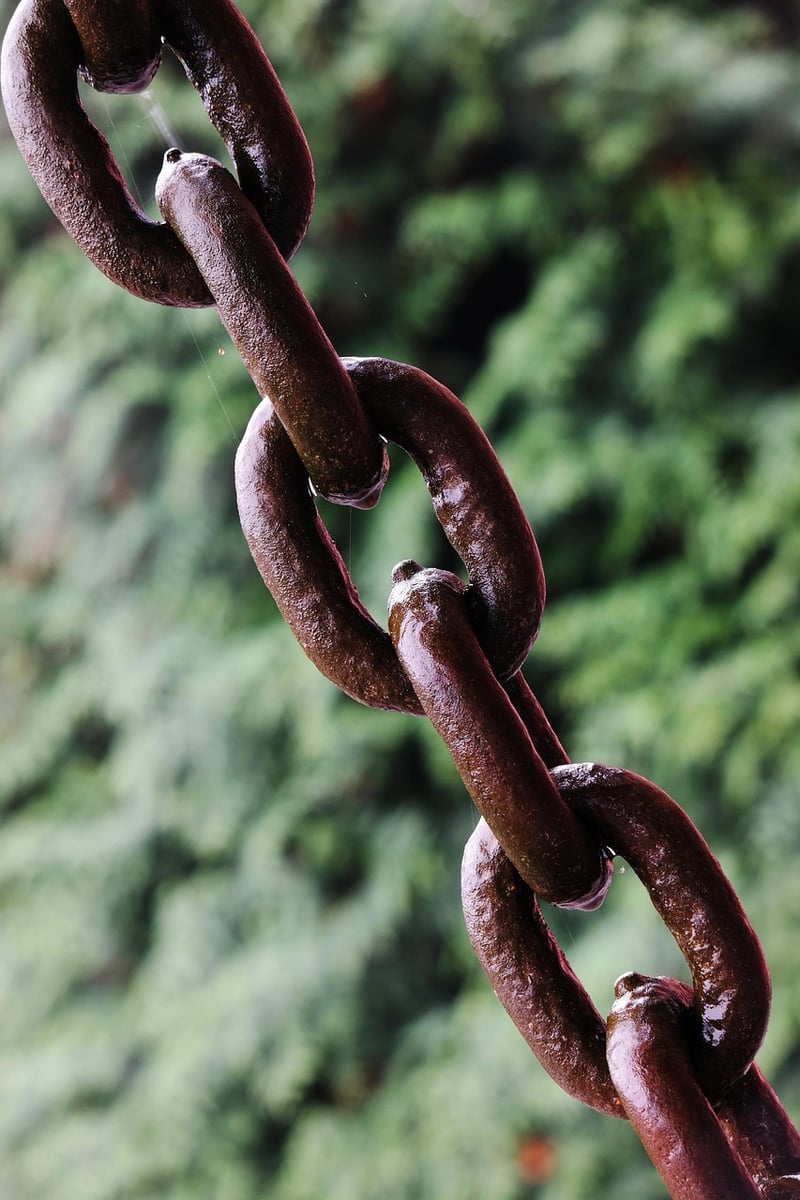Causal Conundrums
Dive into Time Anomalies and Causal Conundrums
Time travel has long been a fascinating concept in science fiction, but what about the real-world phenomena of time anomalies and causal conundrums? Let's explore these mind-bending topics that challenge our understanding of time and causality.
Time Anomalies
Time anomalies are events or occurrences that deviate from the normal flow of time. These anomalies can manifest in various ways, such as:
- Time loops where events repeat themselves.
- Time dilation where time passes at different rates in different regions.
- Time slips where individuals claim to have briefly experienced a different time period.
Scientists and researchers are intrigued by these anomalies as they challenge the traditional linear concept of time.
Exploring Causal Conundrums
Causal conundrums, also known as time paradoxes, are situations where the cause and effect of an event are unclear or seem to loop back on themselves. Some famous examples include the grandfather paradox and the bootstrap paradox.
The grandfather paradox poses the question: what happens if you travel back in time and prevent your grandfather from meeting your grandmother, thus preventing your own existence? The bootstrap paradox involves an object or information that has no clear origin, creating a loop of cause and effect without a definite beginning.
Implications and Theories
These time anomalies and causal conundrums raise profound questions about the nature of time, free will, and the possibility of changing the past. Some theories suggest that time may be more fluid than we perceive, with multiple timelines or parallel universes coexisting.
While time travel remains a theoretical concept, the exploration of time anomalies and causal conundrums continues to spark curiosity and debate among scientists, philosophers, and enthusiasts alike.


Are you ready to dive deeper into the mysteries of time? Strap in for a journey through the twists and turns of time anomalies and causal conundrums!
For more intriguing content, check out Science Daily's Time Travel section.
